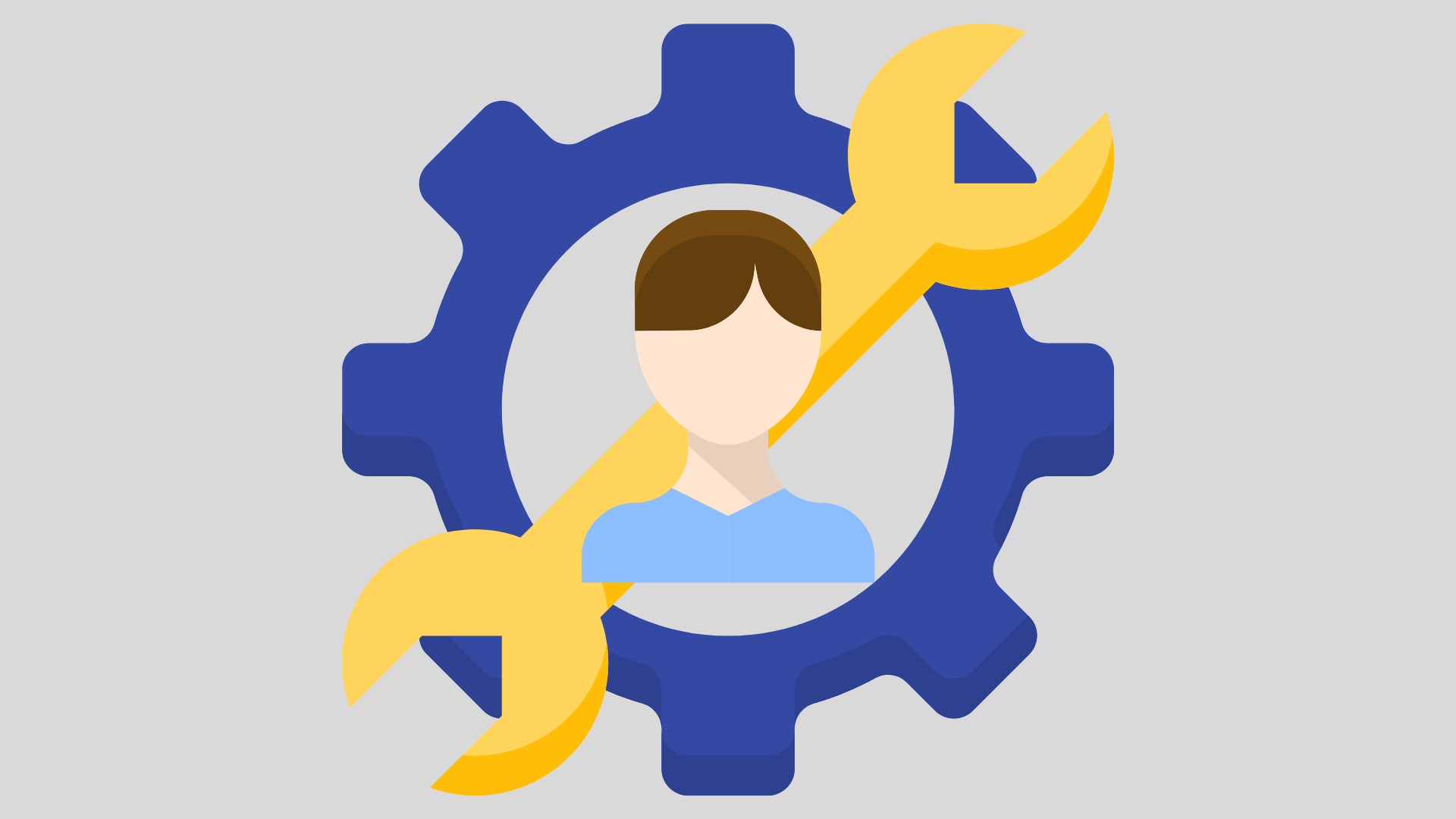In today’s fast-paced world, technical skills and knowledge are undoubtedly important. However, it’s the soft skills that often set individuals apart, propelling them towards success in their personal and professional lives. But what exactly are soft skills, and why should you care about them?
Soft skills encompass a range of interpersonal abilities, communication techniques, and emotional intelligence that help you interact effectively and harmoniously with others. They include skills like empathy, teamwork, problem-solving, and adaptability. Unlike hard skills, which are specific to a particular job or task, skills are transferable and applicable across various roles and industries. Mastering these skills can significantly enhance your career prospects, relationships, and overall quality of life.
Table of Contents
Understanding Soft Skills
Soft skills are often described as the personal attributes that enable someone to interact effectively and harmoniously with other people. These skills are crucial for building relationships, gaining visibility, and creating more opportunities. They are not tied to any specific job or industry but are essential for professional and personal success.
Key Categories of Soft Skills
- Communication Skills: The ability to convey information clearly and effectively is fundamental. This includes both verbal and written communication, as well as non-verbal cues like body language and tone of voice.
- Emotional Intelligence: Understanding and managing your emotions, and those of others, can lead to better relationships and more effective teamwork.
- Teamwork and Collaboration: Working well with others involves cooperation, negotiation, and the ability to work towards a common goal.
- Problem-Solving Skills: The ability to think critically and come up with solutions to challenges is crucial in any role.
- Adaptability and Flexibility: Being open to change and able to adjust to new situations or environments is a highly valued trait.
- Time Management: Efficiently managing your time to meet deadlines and balance various tasks is essential in a fast-paced work environment.

Why Soft Skills Matter
In the modern workplace, soft skills are often as important as, if not more than, technical skills. Here’s why they matter:
- Enhanced Collaboration: Soft skills facilitate better teamwork and cooperation. When team members communicate effectively and work well together, the entire team can achieve its goals more efficiently.
- Improved Customer Relationships: Excellent skills can lead to better customer service. Employees who communicate effectively and handle conflicts with empathy and understanding are more likely to build strong customer relationships.
- Career Advancement: Skills are often a key factor in promotions and career progression. Managers and leaders value employees who can work well with others, solve problems, and adapt to changing situations.
- Increased Job Satisfaction: Good interpersonal skills can lead to more positive interactions at work, contributing to higher job satisfaction and a more pleasant work environment.
Developing Your Soft Skills
Improving your soft skills is a continuous process. Here are some practical tips to help you enhance them:
1. Practice Active Listening
Active listening involves fully concentrating, understanding, responding, and remembering what is being said. To practice this skill:
- Give Your Full Attention: Avoid distractions and focus on the speaker.
- Reflect and Clarify: Repeat back what you’ve heard to confirm understanding.
- Respond Thoughtfully: Offer relevant feedback and ask questions if needed.
2. Improve Your Communication Skills
Effective communication is not just about speaking clearly, but also about understanding and being understood. To enhance this skill:
- Expand Your Vocabulary: A broad vocabulary helps in expressing ideas more precisely.
- Be Concise: Avoid unnecessary jargon and get to the point.
- Practice Non-Verbal Communication: Be aware of body language, eye contact, and tone.
3. Build Emotional Intelligence
Emotional intelligence is crucial for managing your emotions and understanding others. To develop this:
- Self-Reflect: Regularly assess your emotional responses and their impact on others.
- Empathize: Try to understand others’ perspectives and feelings.
- Manage Stress: Practice techniques such as mindfulness and relaxation exercises.
4. Enhance Problem-Solving Skills
Problem-solving involves identifying solutions to challenges and obstacles. To strengthen this skill:
- Analyze Problems: Break down issues into manageable parts and identify the root cause.
- Brainstorm Solutions: Generate multiple options and evaluate them.
- Implement and Review: Apply solutions and review their effectiveness.

5. Cultivate Teamwork and Collaboration
Effective teamwork requires cooperation and respect. To build these skills:
- Engage in Team Activities: Participate in group projects or team-building exercises.
- Communicate Clearly: Share your ideas and listen to others.
- Respect Diverse Opinions: Appreciate different perspectives and find common ground.
6. Manage Your Time Efficiently
Time management helps you balance work and personal life effectively. To improve this skill:
- Prioritize Tasks: Identify what needs to be done first and focus on high-impact activities.
- Set Goals: Break down tasks into smaller, manageable goals with deadlines.
- Avoid Procrastination: Use techniques like the Pomodoro Technique to stay focused.
Real-World Applications of Soft Skills
Soft skills are not just theoretical; they have practical applications in various scenarios:
1. In Job Interviews
During interviews, soft skills such as communication, problem-solving, and emotional intelligence are often evaluated. Demonstrating these skills can make you stand out as a candidate.
2. In Team Projects
Whether you’re working on a collaborative project at work or in a volunteer role, teamwork, adaptability, and conflict resolution skills are crucial for success.
3. In Customer Service
Handling customer inquiries, complaints, and feedback requires strong communication, empathy, and problem-solving abilities.

Challenges in Developing Soft Skills
While developing soft skills is beneficial, it can come with challenges:
- Lack of Awareness: Some individuals may not recognize the importance of soft skills or how to improve them.
- Resistance to Change: People might be resistant to altering their behavior or adopting new interpersonal strategies.
- Inconsistent Practice: Soft skills require regular practice and application to be effective.
Overcoming Challenges
To address these challenges:
- Seek Feedback: Ask for constructive feedback from peers or mentors to identify areas for improvement.
- Set Goals: Establish specific, measurable goals for developing your soft skills and track your progress.
- Engage in Training: Participate in workshops, seminars, or online courses focused on soft skill development.
Conclusion
Mastering soft skills is a journey that requires continuous learning and practice. By focusing on key areas such as communication, emotional intelligence, teamwork, problem-solving, adaptability, and time management, you can significantly enhance your personal and professional life. Remember, soft skills are not just about interacting with others but about understanding yourself and how you can contribute positively to the world around you.
Embrace the process of developing these skills, and you’ll find that they open doors to new opportunities, enrich your relationships, and lead to greater satisfaction in all aspects of your life. So, start today, and watch as these essential skills transform your journey towards success!
FAQ on Skills
1. What are the top 6 skills?
The top 6 skills often valued in various professional and personal contexts include:
- Communication: The ability to clearly and effectively convey information.
- Problem-Solving: The capacity to identify issues and find effective solutions.
- Teamwork: The skill of working well with others towards a common goal.
- Adaptability: The ability to adjust to new situations and challenges.
- Critical Thinking: The ability to analyze situations and make informed decisions.
- Time Management: The skill of managing one’s time effectively to meet deadlines and achieve goals.
2. What are your skills and examples?
Skills refer to the abilities and competencies acquired through experience, education, or training. They can be divided into various types:
- Technical Skills: Proficiency in specific tools or technologies (e.g., programming languages, data analysis).
- Soft Skills: Interpersonal and communication abilities (e.g., empathy, leadership).
- Transferable Skills: Skills that can be applied across different jobs or industries (e.g., project management, problem-solving).
3. What are the skills in a CV?
Skills in a CV (Curriculum Vitae) are the specific abilities and competencies you list to demonstrate your suitability for a job. This section typically includes:
- Hard Skills: Technical skills or knowledge specific to the job (e.g., software proficiency, language skills).
- Soft Skills: Interpersonal and communication skills relevant to the role (e.g., teamwork, time management).
4. What are the 4 types of skills?
The four types of skills generally recognized are:
- Hard Skills: Specific, teachable abilities (e.g., coding, accounting).
- Soft Skills: Personal attributes that enhance interactions (e.g., communication, leadership).
- Technical Skills: Proficiency with tools or technologies (e.g., machine operation, IT skills).
- Transferable Skills: Skills applicable across various jobs (e.g., problem-solving, teamwork).
5. What are the 7 soft skills?
The 7 soft skills commonly valued are:
- Communication: Effective verbal and written expression.
- Emotional Intelligence: Understanding and managing emotions.
- Teamwork: Collaborating effectively with others.
- Problem-Solving: Identifying and resolving issues.
- Adaptability: Adjusting to new conditions.
- Time Management: Efficiently organizing and planning tasks.
- Creativity: Thinking innovatively and generating new ideas.
6. What are the 9 skills for success?
The 9 skills often associated with success include:
- Communication: Articulating ideas clearly and persuasively.
- Interpersonal Skills: Building strong relationships and networking.
- Leadership: Inspiring and guiding others.
- Critical Thinking: Analyzing and evaluating information.
- Adaptability: Embracing change and flexibility.
- Time Management: Organizing tasks effectively.
- Problem-Solving: Finding solutions to challenges.
- Emotional Intelligence: Managing and understanding emotions.
- Decision-Making: Making informed choices and judgments.
7. What are basic skills?
Basic skills refer to fundamental abilities required for everyday tasks and functioning. These typically include:
- Literacy: Reading and writing abilities.
- Numeracy: Basic mathematical skills.
- Communication: Basic verbal and written expression.
- Problem-solving: Basic analytical and reasoning skills.
8. What are personal skills?
Personal skills, also known as soft skills, are attributes that help you interact effectively with others and manage yourself. These include:
- Self-Awareness: Understanding your strengths and weaknesses.
- Emotional Regulation: Managing your emotions in different situations.
- Interpersonal Communication: Engaging effectively with others.
- Adaptability: Adjusting to new conditions or challenges.
9. What is a professional skill?
Professional skills are specific abilities or competencies related to a particular occupation or field. These skills can be technical or soft and are essential for performing job duties effectively. Examples include:
- Project Management: Planning and executing projects successfully.
- Technical Expertise: Knowledge specific to a field (e.g., engineering, finance).
- Negotiation: Reaching agreements and resolving conflicts.
10. What are 400 skills?
The term “400 skills” refers to a broad range of abilities and competencies, encompassing various hard, soft, technical, and transferable skills across different fields. This extensive list would cover everything from specific job-related skills to general personal attributes.
11. What are the 6 main soft skills?
The 6 main soft skills often emphasized in professional settings are:
- Communication: Effectively sharing and receiving information.
- Teamwork: Collaborating well with others.
- Problem-Solving: Addressing and resolving issues.
- Adaptability: Being flexible and open to change.
- Time Management: Organizing and prioritizing tasks.
- Emotional Intelligence: Understanding and managing emotions.
12. What are the 5 skill levels?
The 5 skill levels commonly referenced are:
- Beginner: A basic understanding of initial exposure to a skill.
- Intermediate: Moderate proficiency and experience with the skill.
- Advanced: High level of expertise and competence.
- Expert: Extensive knowledge and mastery of the skill.
- Master: Exceptional ability and authority in the skill.
Discover more from Positive Treasure
Subscribe to get the latest posts sent to your email.




